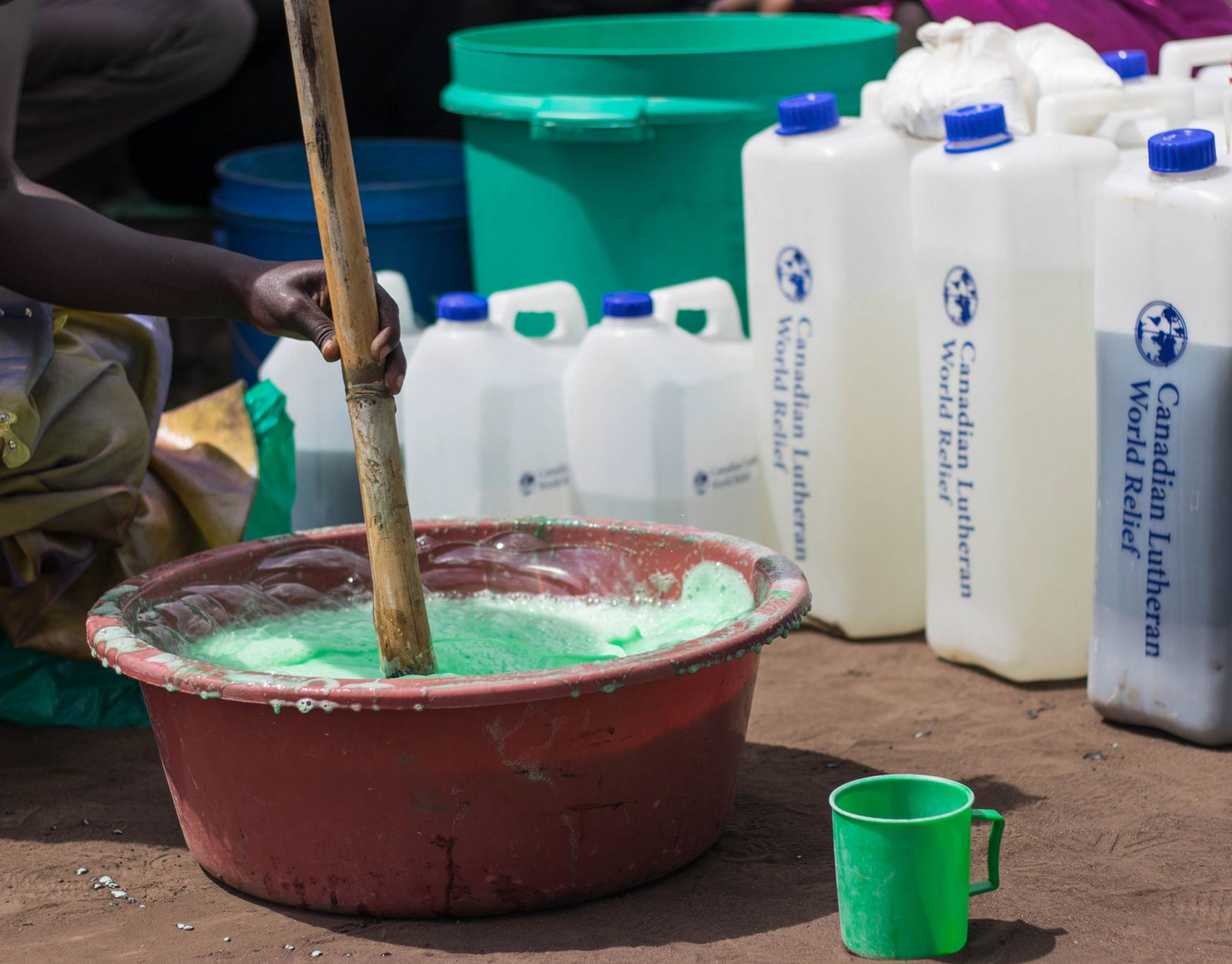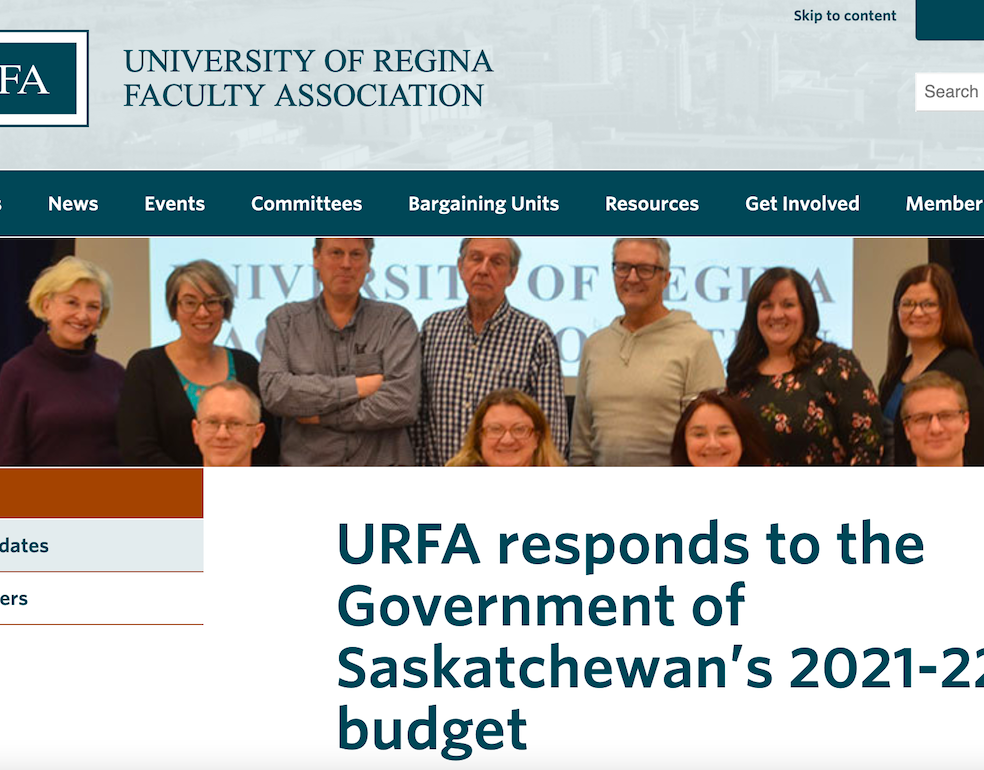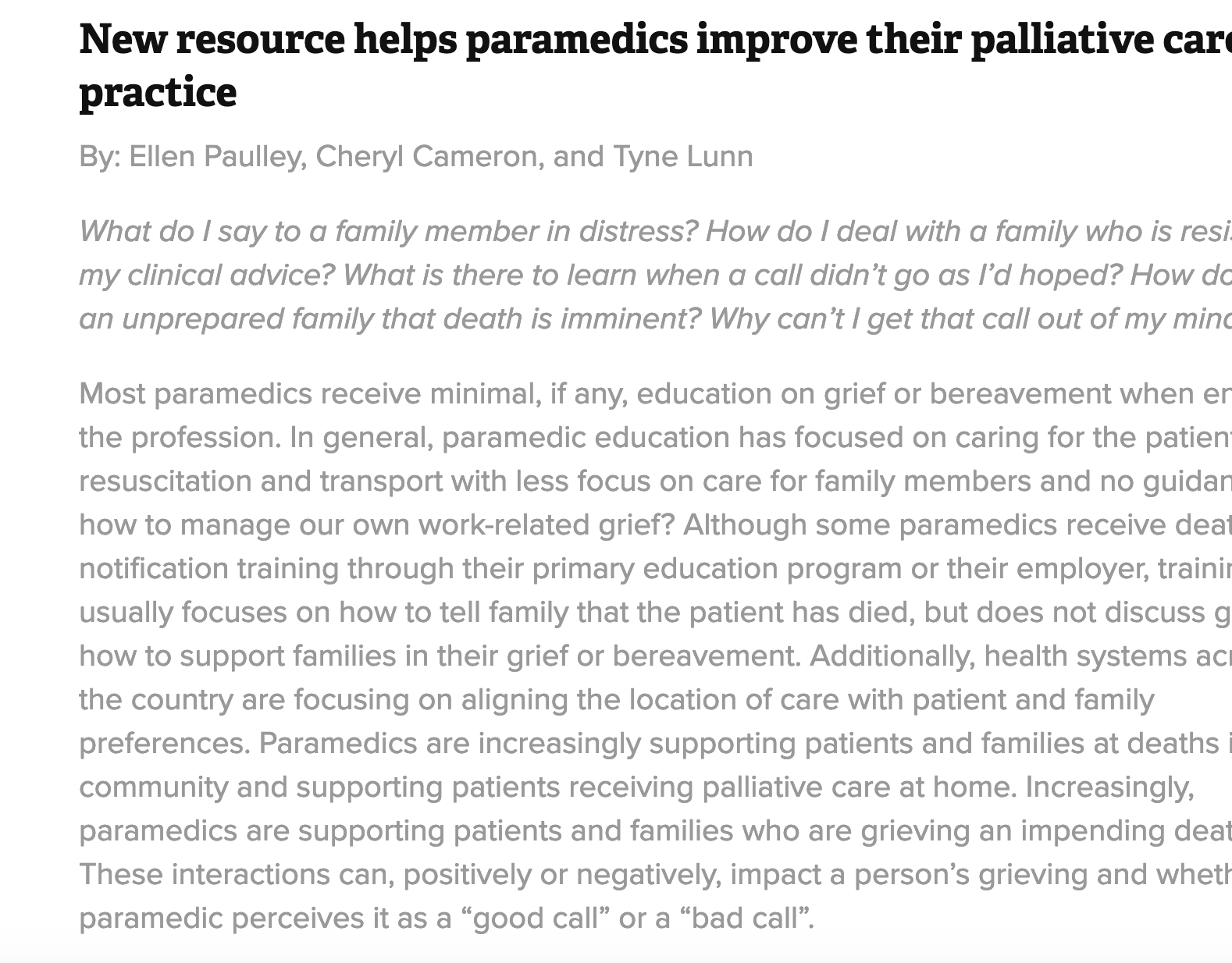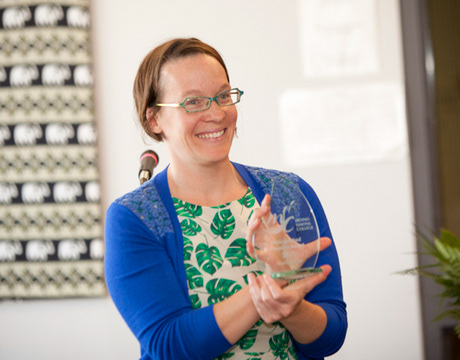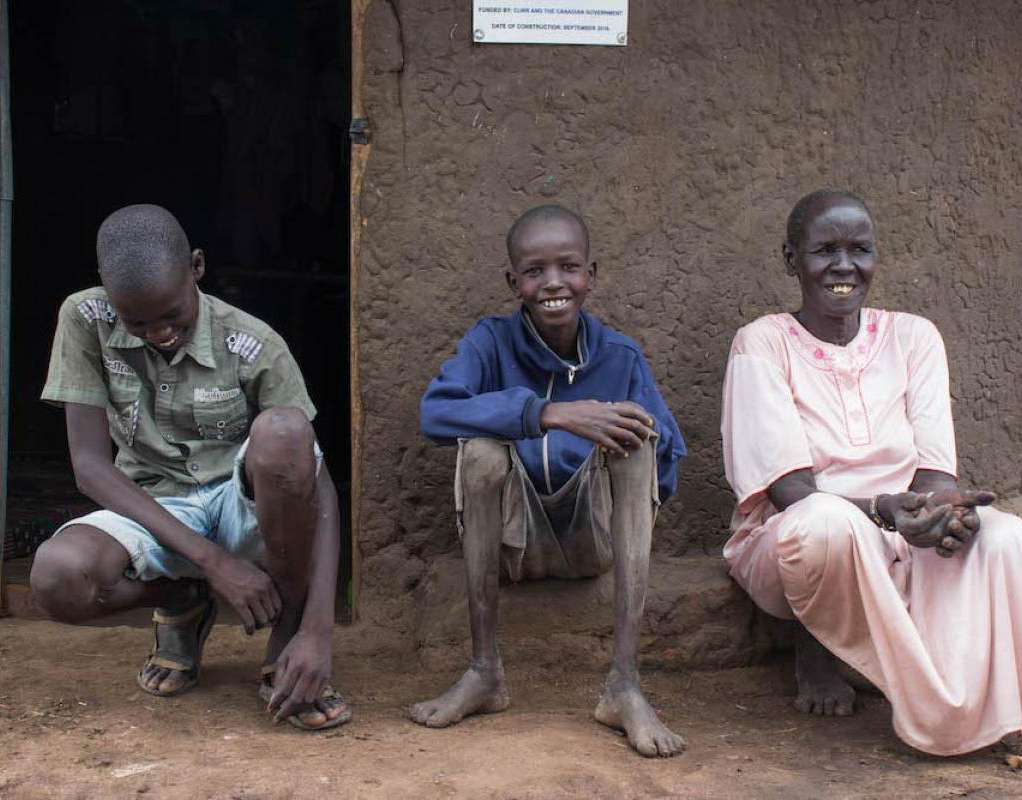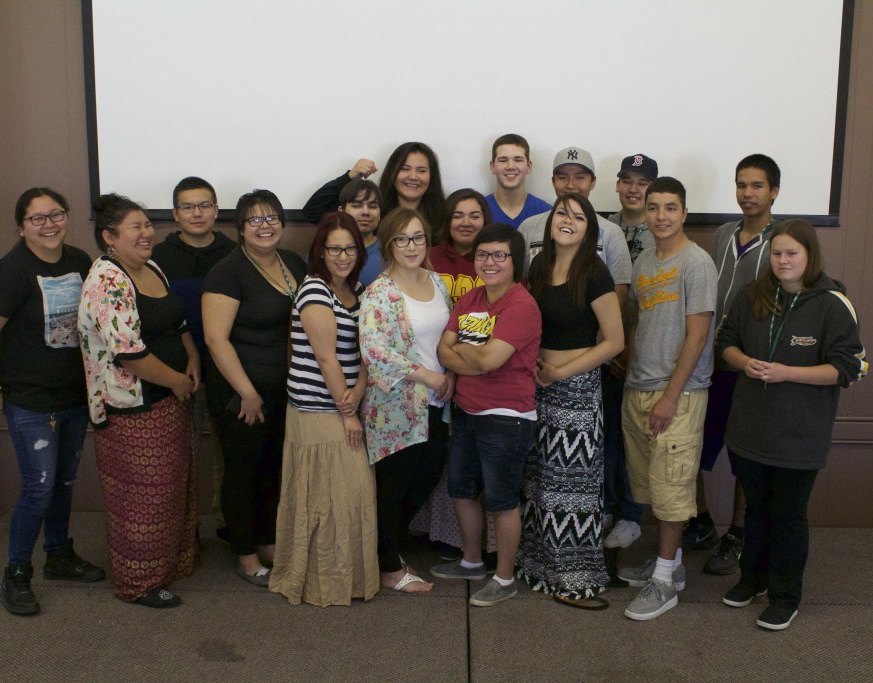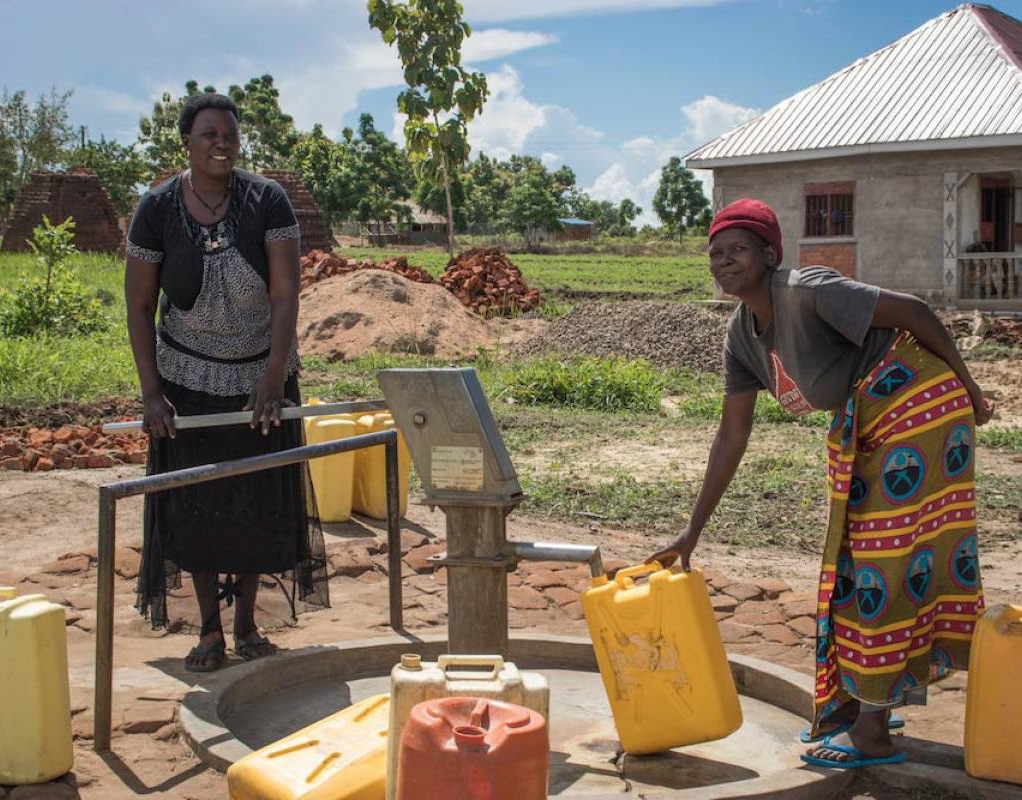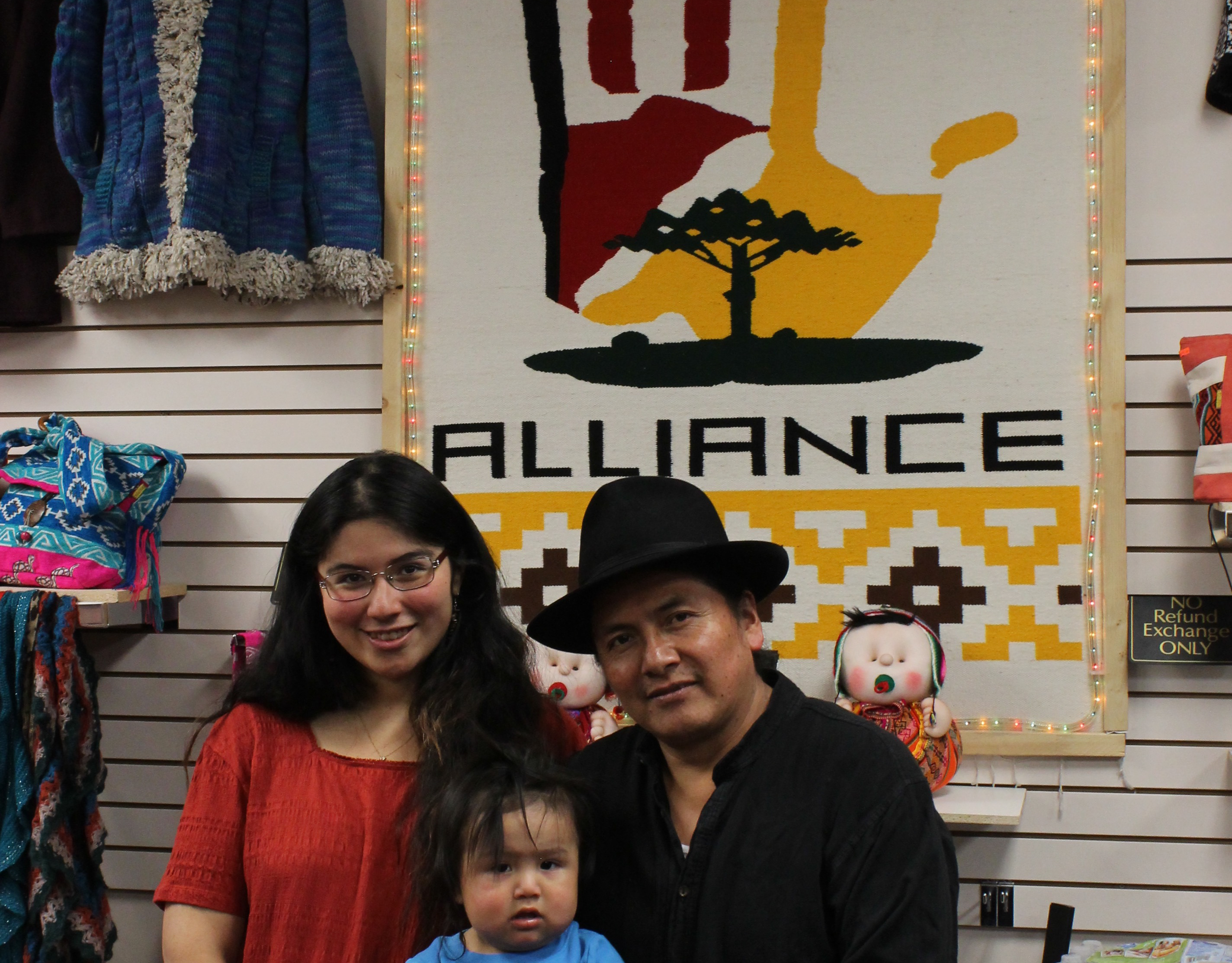Outrage to Action, a five-week course offered through a partnership between Amnesty International Winnipeg (Group 19) and the University of Winnipeg’s Global College, will provide participants with knowledge and advocacy strategies to address current human rights topics.
Beginning January 23, 2014, the course will create awareness of human rights topics and equip participants with the confidence and tools to effectively engage in human rights campaigns.
Lead instructor, Louise Simbandumwe, says the course meets a need for those who “don’t have the skills and knowledge to take action or don’t know they have the skills and knowledge so they lack confidence to take action,” she says.
Global College approached Simbandumwe to organize Outrage to Action as a course at the College. Simbandumwe has a Masters in Comparative Social Research from Oxford University and was one of the recipients of the Human Rights Commitment Award of Manitoba in 2012.
Dean Peachey, executive director of Global College says “it’s one thing to have rights that are written down on a piece of paper. It’s quite a different thing to actualize those rights and put them into practice.”
Peachey believes the applied angle of Outrage to Action will give students the skills and capacity to claim rights for themselves and advocate for those who don’t have access to rights. Half of the participants are students who have registered for the course for credit and half are community members recruited by Amnesty International Winnipeg.
The design of the course includes learning about the issue and being given tools to take action which is a powerful combination, as Lee Chitty, Amnesty International Winnipeg chair, found when he participated in an Outrage to Action workshop series in 2009.
“As a model of learning, the Outrage to Action workshops were great,” says Chitty. “I went from feeling like a powerless observer of abuses to a meaningful actor who could make change.”
Course topics were developed in conjunction with Amnesty International Canada staff and mirror Amnesty International’s current strategic campaign priorities. Topics include an introduction to human rights, the interaction between business and human rights, stopping violence against women and First Nations child welfare.
Providing participants with tools to advocate and take action on issues that they feel passionate about is what Simbandumwe finds most gratifying about leading workshops such as these. Her dedication to activism is rooted in her experiences as a refugee from Burundi where widespread massacres claimed the lives of many of her relatives.
“I deeply appreciate the opportunity to work with others who are concerned and motivated to take action on human rights,” she says. “Providing avenues they can use to begin taking action on topics they care about is inspiring and rewarding.”
This article originally appeared on the Amnesty International Winnipeg (Chapter 19) website.
